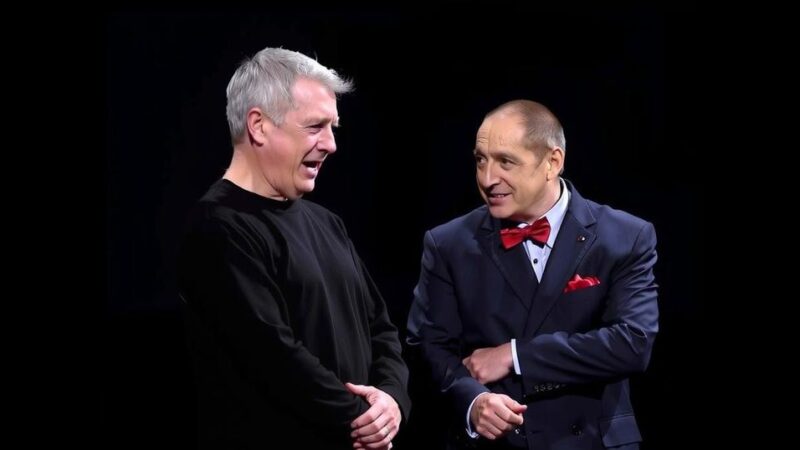Brazil’s First Lady insulted Elon Musk at a G20-related social event, prompting Musk to respond with a laughing emoji and predictions of political repercussions for President Lula. The social media network X, owned by Musk, faced legal issues in Brazil earlier this year, contributing to the controversy surrounding this incident.
At a recent social event leading up to the G20 summit in Rio de Janeiro, Brazil’s First Lady directed insults towards Elon Musk, the owner of social media platform X, which sparked a considerable reaction online. Musk humorously responded to her comments by posting a laughing emoji graphic, along with a second post suggesting, “They are going to lose the next election,” alluding to President Luiz Inacio Lula da Silva’s administration. This incident has drawn attention not only for its content but also for the prior controversies surrounding Musk’s platform in Brazil, including a suspension due to legal issues regarding misinformation and court compliance.
The incident involving Brazil’s First Lady and Elon Musk comes against the backdrop of ongoing tensions between social media platforms and national regulations regarding free speech and misinformation. Musk’s social network, X, faced a temporary suspension in Brazil earlier this year after failing to comply with court orders involving the blocking of accounts spreading false or harmful content. This backdrop of regulatory scrutiny sets the stage for Musk’s remarks, reflecting the political undercurrents influencing social media in the current climate.
The exchange between Brazil’s First Lady and Elon Musk underscores the complexities of social media’s role in political discourse, particularly in a highly regulated environment. Musk’s responses, coupled with the background of legal challenges faced by his platform, highlight the ongoing friction between digital communication avenues and governmental expectations. As political and social landscapes evolve, such incidents will likely continue to raise questions about accountability and influence.
Original Source: m.economictimes.com






